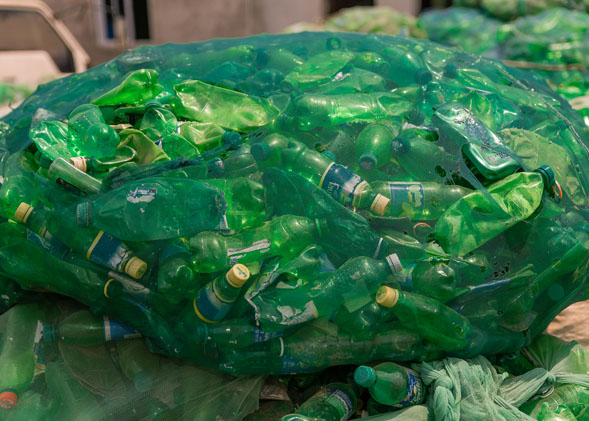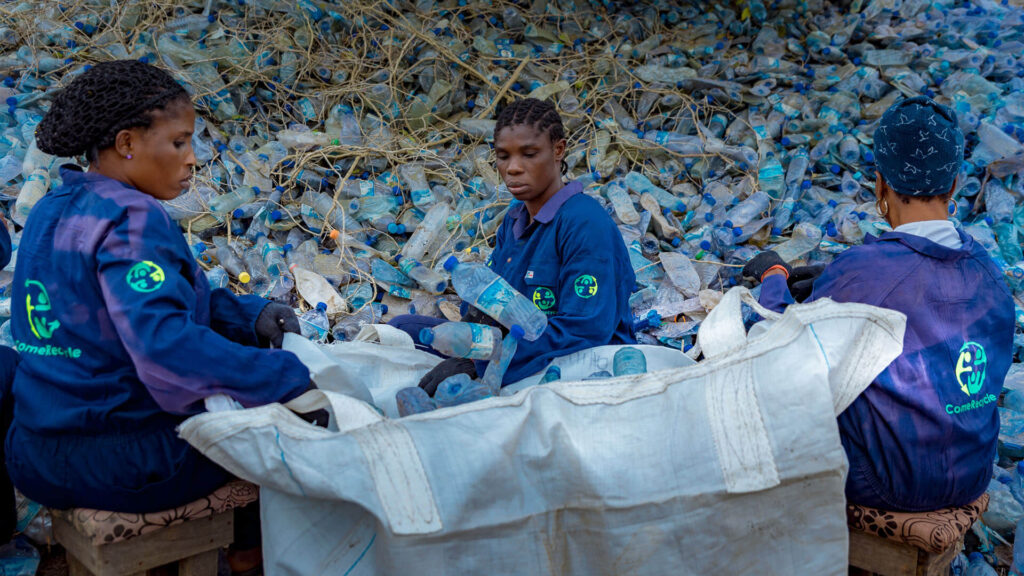Do you know of the Butterfly Effect? It is a metaphor used to explain chaos theory, it predicts the possibility of a whole tornado being caused by the simple flapping of a butterfly’s wings. This illustration gives an example of how a simple, seemingly insignificant action can result in a nonlinear occurrence. This is the case we are making for waste disposal and the presence of dirt all around us.
For every pile of waste on our major highways, every nylon, plastic, paper blocking our drainage and making our streets a eyesore; we are all partly responsible. We all used them in equal little quantities and the mold of giant stinking landfill we spot on our way is the tornado caused by the simple flapping of our butterfly wings.
Waste is a big threat to public health, environmental safety and nature when it is not being disposed of properly. The nonchalance that accompanies waste disposal is largely informed by the notion that waste has no value.
While we keep educating ourselves and others about the enormous values inherent in recycling waste products, we must, as a matter of urgency, also stem the tide of its wrongful disposal.
This article will now highlight ten ways we can go about liberating our cities from the menace of waste and staying faithful to nature; the benevolent earth that feeds us, houses us, and provides us with sustenance.

The first three commandments shall be the 3Rs.
1. Reduce the amount of waste you use. This is the most effective means of managing waste as individuals. Go to the market and buy only the things you would need. Try to buy as little harmful and non-recyclable products you can buy. Choose digital over prints, paper bags over plastic.
2. Reuse products in other ways than what they were originally acquired for. Convert mini plastic buckets to flower vases, use them to store other things around the house.
3. Recycle if you must dispose. Gather recyclable wastes and get them across to waste recycling facilities so it might be reformed into new products.
4. Acquire personal waste baskets or bins to keep your waste in. These bins could be two; one for recyclable waste and another for non-recyclable ones.
5. When the public disposal truck is available, ensure to hand over your waste to them. Help dispose of the waste of your neighbors too should they be unavailable.
6.In a case where you are personally responsible for your waste management, you should go to a central landfill managed by the government to dispose of them. Never dump on virgin land, drainages, or the roadside.
7. For biodegradable waste that can rot, dig a sizable hole in the ground and bury them in the soil. This waste will eventually become composts that fertilize the soil without causing harm to health and nature. 8. For contaminated wastes, such as medical waste and first aid kits, consider incinerating should a central incinerator be close to you. This helps keep people safe and reduces the waste in landfills.
9. Volunteer yourself and participate in cleaning and waste collection in your immediate environment. When you do this, you keep the environment clean, your loved ones healthy, and the chain of recycling stays unbroken.
In conclusion and for the tenth commandment; thou shall inform thy neighbors about these Commandments.


